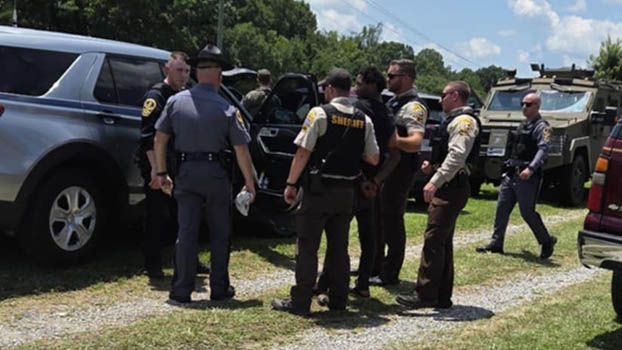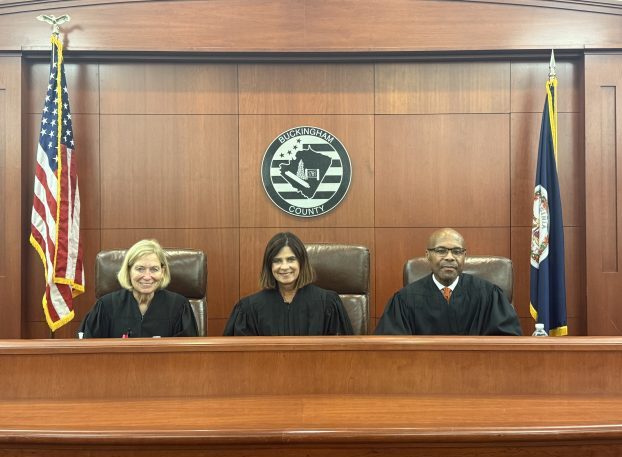Franssen named first-ever scientist in residence
Published 1:16 pm Friday, June 12, 2020
|
Getting your Trinity Audio player ready...
|
Since the Science Museum of Virginia was founded in 1977, it has employed three staff scientists: a physicist, a biologist and a climatologist. The museum has never had a neuroscientist on staff full time, nor has it ever had a female scientist. In May, a Longwood professor became the museum’s first in both of those categories.
Dr. Catherine Franssen joined the museum’s staff as the first-ever scientist in residence—a position the organization will continue to fill in the future with scientists from various disciplines and educational institutions. Franssen, associate professor of biopsychology and neuroscience at Longwood, is taking a sabbatical to assist the museum with exhibits, programs, digital content and special events.
Her knowledge in physiology, biochemistry and anatomy, and her experience explaining complex human behaviors and how the brain works to students for more than a decade, will allow the museum to expand its STEM offerings to guests.
“I tell my students that part of a good, healthy career is to pursue new endeavors, and this is just that,” Franssen said. “Many professors take a sabbatical to work on research, but I would rather spend my time working with others to refresh and reenergize myself. This experience will help me grow as a scientific ambassador, share more science, learn more about what audiences want to know and extend the reach of Longwood University. This is a unique opportunity to meld cognition into museum content, to explore how different people interact with exhibits and to make an impact on future scientists who engage with the museum.”
Richard Conti, the museum’s chief wonder officer, called the partnership with Longwood “the perfect fit” to kick off the scientist-in-residence program as his predecessor, Director Emeritus Walter Witschey, retired from the museum in 2007 and went to teach at the university.
“Having a scientist in residence gives the museum a chance to broaden our breath and depth in a specific content area,” Conti said. “This is the perfect time to have a life scientist join our team as we are working on exhibit development projects, including a gallery for our future regional science center in Northern Virginia that will look at what it means to be human. Catherine is not only a skilled scientist, she is an exceptional communicator, and that is just as important here at the museum.”
Franssen has been a faculty member at Longwood since 2014. She also directs the university’s neuroscience studies minor, a program that she developed and implemented. She has been widely cited in national news outlets, including CNN, HuffPost, Scientific American and Reader’s Digest.
“We don’t just talk about educating citizen leaders at Longwood, our faculty members walk the walk,” Dr. Larissa Smith, provost and vice president for academic affairs at Longwood, said. “This exciting partnership is an example of putting citizen leadership into action. We encourage our professors to seek out new experiences that enhance their expertise—making it more relatable to students. Not only will the Science Museum of Virginia benefit greatly from Dr. Franssen’s knowledge of neuroscience and affinity for citizen science, but her experience will be invaluable when she returns to the classroom to teach the next generation of citizen scientists at Longwood.”
Franssen has a psychology degree from Randolph-Macon College and doctorate in neurobiology from the University of Chicago. She is working with the museum from May 2020 through August 2021.
“My undergraduate training as a K-8 teacher, my two decades of translational and neuroscience research, my subsequent extensive experience in higher education and my 10-plus years as a parent are all invaluable experiences that will help me in this new position,” Franssen said. “This seems like the exact right direction for my own scholarship by making a difference through improving scientific literacy and being a citizen leader in my own way.”






